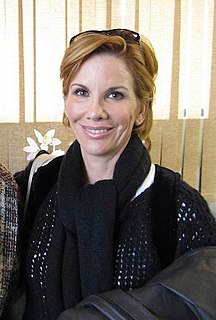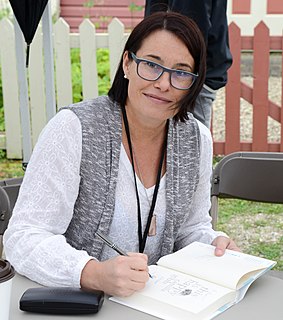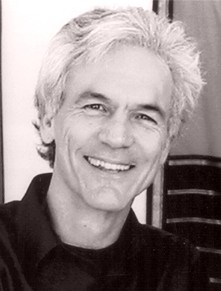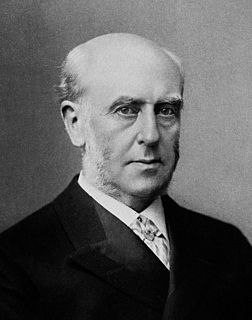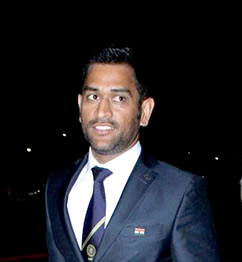A Quote by Melissa Gilbert
My mother, whom I love dearly, has continually revised my life story within the context of a complicated family history that includes more than the usual share of divorce, step-children, dysfunction, and obfuscation. I've spent most of my adult life attempting to deconstruct that history and separate fact from fiction.
Related Quotes
Once you step inside, history has to be rewritten to include you. A fiction develops a story that weaves you into the social fabric, giving you roots and a local identity. You are assimilated, and in erasing your differences and making you one of their own, the community can maintain belief in its wholeness and purity. After two or three generations, nobody remembers the story is fiction. It has become fact. And this is how history is made.
The creation story unfurling within the scientific enterprise provides the fundamental context, the fundamental arena of meaning, for all the peoples of the Earth. For the first time in human history, we can agree on the basic story of the galaxies, the stars, the planets, minerals, life forms, and human cultures. This story does not diminish the spiritual traditions of the classical or tribal periods of human history. Rather, the story provides the proper setting for the teachings of all traditions, showing the true magnitude of their central truths.
Americans, more than most people, believe that history is the result of individual decisions to implement conscious intentions. For Americans, more than most people, history has been that.... This sense of openness, of possibility and autonomy, has been a national asset as precious as the topsoil of the Middle West. But like topsoil, it is subject to erosion; it requires tending. And it is not bad for Americans to come to terms with the fact that for them too, history is a story of inertia and the unforeseen.
The myth of independence from the mother is abandoned in mid- life as women learn new routes around the mother--both the mother without and the mother within. A mid-life daughter may reengage with a mother or put new controls on care and set limits to love. But whatever she does, her child's history is never finished.
I have to throw in on a personal note that I didn't like history when I was in high school. I didn't study history when I was in college, none at all, and only started to do graduate study when my children were going to graduate school. What first intrigued me was this desire to understand my family and put it in the context of American history. That makes history so appealing and so central to what I am trying to do.
History repeats itself only in that, from afar, we all seem to lead exactly the same life. We are all born; we all spend time here on earth; we all die. But up close, we have each walked down our own separate paths. We have stood at our own lonely crossroads. We have touched the lives of others at crucial points, for better or for worse. In the end, each of us has lived a unique life story, astounding and complicated, a story that could never be repeated.
Science fiction is the most important literature in the history of the world, because it's the history of ideas, the history of our civilization birthing itself. ...Science fiction is central to everything we've ever done, and people who make fun of science fiction writers don't know what they're talking about.
History is my passion. So I write what I love to read. I find that if I combine history with a strong, sensual romance, it is like a one-two punch. The reader doesn't want the history without the romance, and of course the heavier the history, the more it has to be leavened with a sensual, all-consuming love story.
